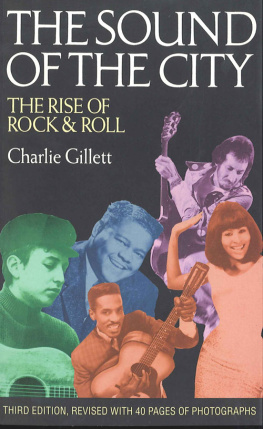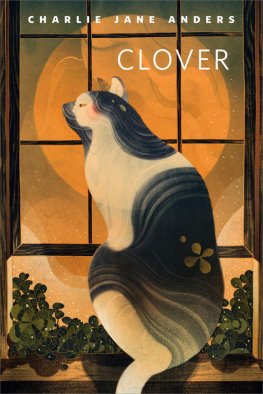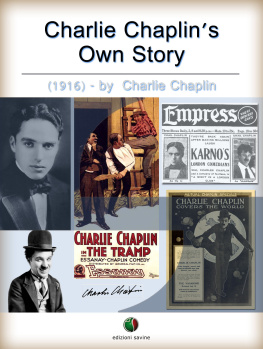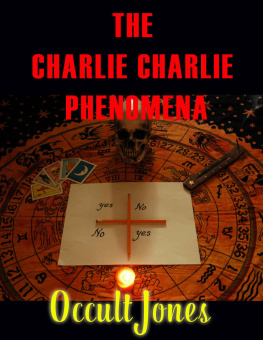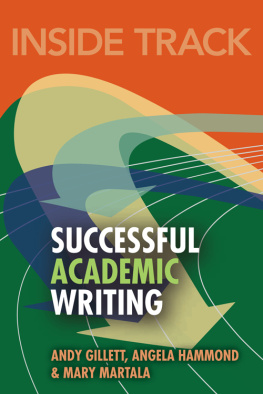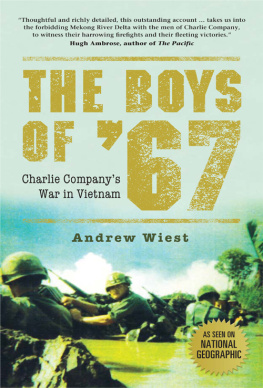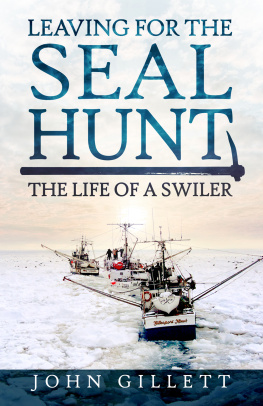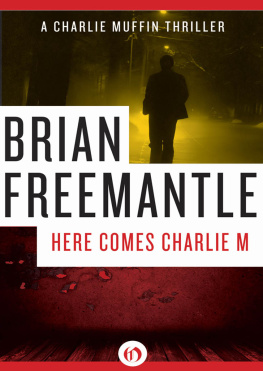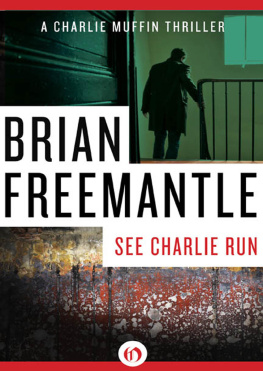Charlie Gillett - The Sound of the City
Here you can read online Charlie Gillett - The Sound of the City full text of the book (entire story) in english for free. Download pdf and epub, get meaning, cover and reviews about this ebook. year: 2011, publisher: Profile, genre: Home and family. Description of the work, (preface) as well as reviews are available. Best literature library LitArk.com created for fans of good reading and offers a wide selection of genres:
Romance novel
Science fiction
Adventure
Detective
Science
History
Home and family
Prose
Art
Politics
Computer
Non-fiction
Religion
Business
Children
Humor
Choose a favorite category and find really read worthwhile books. Enjoy immersion in the world of imagination, feel the emotions of the characters or learn something new for yourself, make an fascinating discovery.
- Book:The Sound of the City
- Author:
- Publisher:Profile
- Genre:
- Year:2011
- Rating:5 / 5
- Favourites:Add to favourites
- Your mark:
- 100
- 1
- 2
- 3
- 4
- 5
The Sound of the City: summary, description and annotation
We offer to read an annotation, description, summary or preface (depends on what the author of the book "The Sound of the City" wrote himself). If you haven't found the necessary information about the book — write in the comments, we will try to find it.
The Sound of the City — read online for free the complete book (whole text) full work
Below is the text of the book, divided by pages. System saving the place of the last page read, allows you to conveniently read the book "The Sound of the City" online for free, without having to search again every time where you left off. Put a bookmark, and you can go to the page where you finished reading at any time.
Font size:
Interval:
Bookmark:

The idea of attempting to investigate the development of rock and roll came to me in January 1966, when I was looking for a subject for a masters thesis. Im grateful to Teachers College, Columbia University, New York, and particularly to Dr. Herbert Gans for having the flexibility to accommodate a subject that seemed odd at the time.
Much of the raw material for the thesis came from microfilmed back copies of Billboard stored in the library at the Lincoln Center for the Performing Arts, New York, where I encountered strange names Id never known before the Five Royales, Sonny Til and the Orioles. I was at this point given invaluable help by Charles Hobson, now in charge of How It Is at ABC-TV, but at that time a part-time disc jockey with WBAI-Radio, New York. Charles spent several hours playing to me the music of his youth, which enabled my thesis to carry some authority.
Back in Britain, I decided to try to reshape the material of the thesis into something more accessible to a non-academic audience, and I soon discovered that there were several people in Britain with astonishing stores of information and huge collections of records, and some of them have spent hours filling in the gaps left open in the thesis. For their help on various chapters and sections of the book, I am very grateful to the following people: John Anderson (country rock, rock n roll), Art Ardolino (groups), Tony Cummings (groups, soul), Errol Dixon (shouters), Mike Leadbitter (Texas blues), Dave McAleer (soul), Bill Millar (rock n roll), Rod Patton (shouters, New Orleans rhythm and blues), Gary Richards (shouters, rock n roll). To the many other people who have informed me of errors and given me other useful pieces of information and advice, I must say a more general thank you and apologize for not listing them all by name.
For giving me the chance to clarify my thinking on specific singers and theories by writing about them, I am grateful to the following editors: Nelson Aldrich, Jr., of The Urban Review, Paul Barker of New Society, Tony Cummings of Soul Music and Shout, Colin Ward of Anarchy, Michael Locke of Education, and Peter Jones of the Record Mirror.
Thanks also to my editor, Harris Dienstfrey. I would not have set myself to finishing this project without his tactful prods.
Every effort has been made to locate the copyright owners of the material quoted in the text. Omissions brought to our attention will be credited in subsequent printings. Grateful acknowledgement is made to those publishers who asked that their ownership be noted either below or in the text.
American Quarterly, David Riesman, and the University of Pennsylvania for Listening to Popular Music, David Riesman, American Quarterly, Vol. II, no. 4, pp. 35971, Copyright, 1950, Trustees of the University of Pennsylvania; Jobete Music Company, Inc., for Dancing in the Street, Stevenson-Gaye, 1964 Jobete Music Company, Inc., The Tracks of My Tears, My Girl, Aint That Peculiar, and The Love I Saw in You Was Just a Mirage, William Robinson, 1965 Jobete Music Company, Inc.; Starday King for Work with me Annie, Hank Ballard, Copyright 1954 Armo Music Company, Good Rockin Tonight, Roy Brown, Copyright 1946 Blue Ridge Music Corporation, Big Town, Roy Brown, Copyright 1951 Delmonico Music Publishing Corporation, Sixty Minute Man, William Ward and Rose Marks, Copyright 1953 Armo Music Corporation, and Annie Had a Baby, Henry Glover and Lois Mann, Copyright 1954 Jay & Cee Music Corporation; Starday King and Modern Music Publishing Company, Inc., for Wallflower, and Dance with me Henry, Etta James and Johnny Otis, Copyright 1954 Lois Music Publishing Company and Modern Music Publishing Company, Inc.; Modern Music Publishing Company, Inc., for No Rollin Blues Copyright 1949 Modern Music Publishing Company, Inc.; MCA Music, a division of MCA Inc., for Piney Brown Blues, Joe Turner and Pete Johnson, Copyright 1944 MCA Music, I Wonder, Gant and Leveen, Copyright 1944, 1963 MCA Music, and A Sunday Kind of Love, Barbara Belle, Louis Prima, Anita Leonard, Stan Rhodes, Copyright 1946 MCA Music; Berkshire Music Inc. for I Feel So Bad, Chuck Willis, 1957 Berkshire Music Inc.; Kags Music Corporation for A Change Is Gonna Come, 1964 and Bring It On Home To Me, 1962 Kags Music Corporation, written by Sam Cooke, International Copyright Secured; Shelby Singleton Music, Inc. for Such a Night, Lincoln Chase, Copyright 1954 Raleigh Music, Inc., assigned 1969 to Shelby Singleton Music, Inc.; Venice Music, Inc. for Long Tall Sally, Enotris Johnson and Richard Penniman, Copyright 1956 Venice Music, Inc., Hollywood, Calif. 90060, Rip It Up, John Marascalco and Robert Brackwell, Copyright 1956 Venice Music, Inc., and Short Fat Fannie, Larry Williams, Copyright 1957 Venice Music, Inc.; Walden Music, Inc. for Money Honey, Jesse Stone, Copyright 1953 Walden Music Inc.; Recordo Music Publishers, Subsidiary of Leon Rene Publications, for Little Bitty Pretty One, Robert Byrd; Central Songs for Teen-Age Crush, Audrey Allison and Joe Allison, 1956 Central Songs, a division of Beechwood Music Corporation; Kae Williams Music, Inc. for Get a Job, The Silhouettes, Copyright 1957 Kae Williams Music. Inc.; Paramount Music Publishing Companies for Respect, Otis Redding, Copyright 1965 & 1969 East/Memphis Music Corp., Time Music Co., Inc. and Redwal Music Co., Inc.; Mother Bertha Music and Trio Music for River Deep Mountain High, Phil Spector, Jeff Barry, Elli Greenwich; Jondora Music Publishing Company for Part Time Love, Clay Hammond; Mercedes Music Co. for Dont Answer the Door, Jimmy Johnson; Dakar Productions, Inc. for Can I Change My Mind. Despenza/Wolfolk, Copyright 1969 Dakar Productions, Inc.; Edwin H. Morris & Company, Inc. for Its Too Soon To Know, Deborah Chessler, Copyright 1947 & 1948 Edwin H. Morris & Company, Inc.; and Marielle Music Co. for Its Only Make Believe, Conway Twitty & Jack Nance.
Since the publication of the first edition of Sound of the City, I have moved from the fringes of the music industry to being in the thick of it, and I cannot give proper credit to all the people who have unwittingly enlightened my understanding of how the pop process works. But I would like to thank a few friends whose decisions to give me things to do had the effect of putting me face to face with the realities of the pop life.
While still at school, one of my fantasies was to play records on the radio, to subject listeners to my choices and hope that I could attract interest in the records I liked. In 1972, I achieved my ambition when David Carter at BBC Radio London let me loose on the airwaves with a show called Honky Tonk, named after the rough music joints in Americas southern States and featuring Bill Doggetts record as its theme tune.
Every Sunday for seven years I played an arbitrary mixture of obscure oldies and current favourites, mostly records but sometimes demonstration tapes, and used any opportunity to bring to the studio people whose experience, taste and comments would go beyond the limitations of my own. In a real sense, The Sound of the City came alive. Artists whose records I had made futile efforts to describe in print now sat at the microphone and talked about the circumstances in which they had made those records. These words lie too neatly on the page to convey my continual astonishment and appreciation that so many performers were prepared to get out of bed early on a Sunday morning, often after a late gig on a Saturday night, and come into the studio for the mid-day start.
B.B. King and Muddy Waters, whose parallel careers had taken such different courses, the one touring constantly while the other made his base in Chicago, both came in on separate occasions and talked with serene self-confidence but also with humility about their way of life. For them, and many others, records were probably a less relevant factor in their careers than the day-to-day live work, and this book unavoidably overstates the role of best-selling records as a yardstick for measuring an artists importance, whereas for them the crucial factor was the size of the crowd they could draw.
Next pageFont size:
Interval:
Bookmark:
Similar books «The Sound of the City»
Look at similar books to The Sound of the City. We have selected literature similar in name and meaning in the hope of providing readers with more options to find new, interesting, not yet read works.
Discussion, reviews of the book The Sound of the City and just readers' own opinions. Leave your comments, write what you think about the work, its meaning or the main characters. Specify what exactly you liked and what you didn't like, and why you think so.

